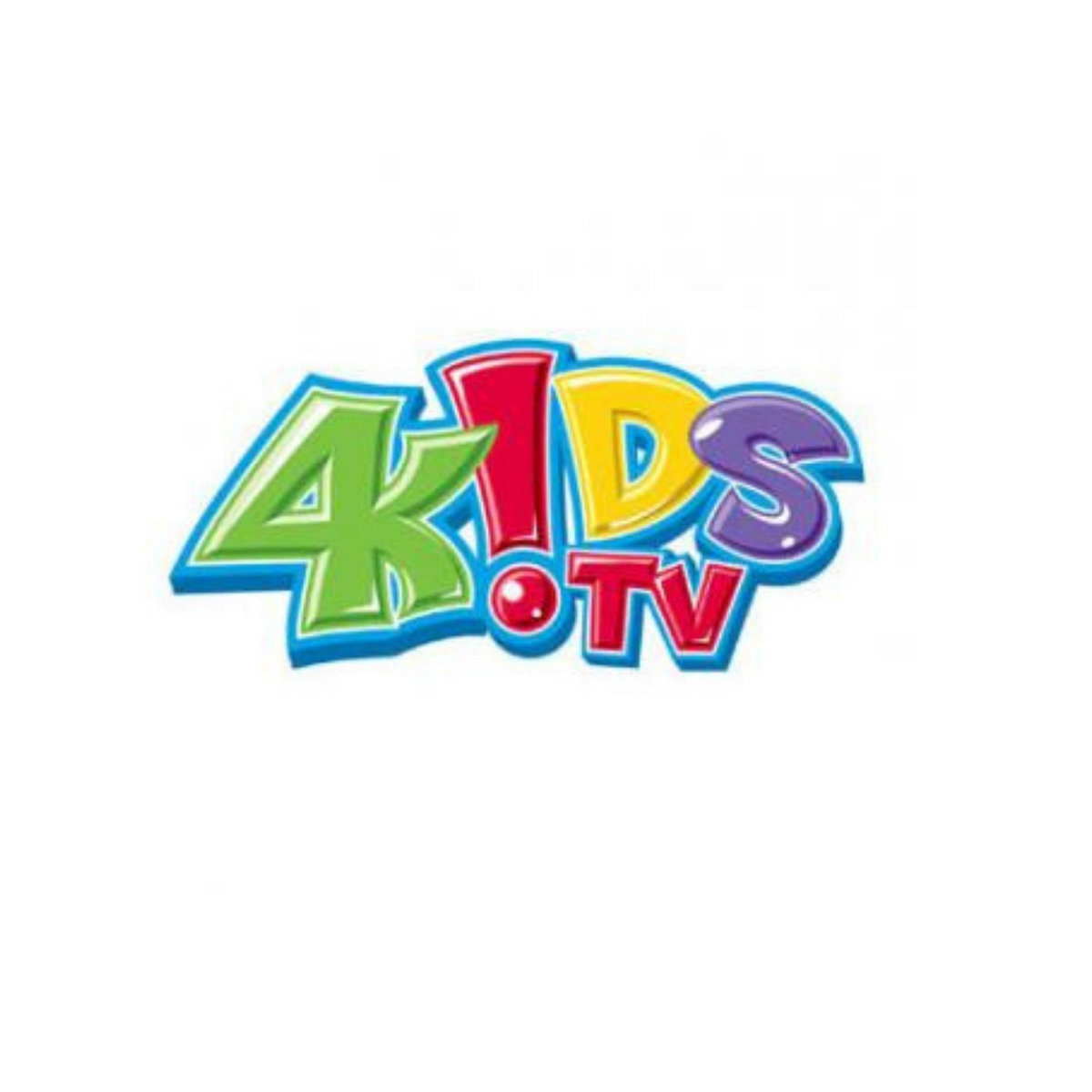

When 4Kids licensed One Piece, their editing practices became excessive: numerous content edits, the replacement of all of the original music, the removal of a large number of episodes (that turned out to be important later on - although they couldn't have known at the time), and widespread changes to the original script and plot even in the unedited parts. While those practices were par for the course for the English-speaking anime industry in that time period and many edits were mandated for a Saturday morning timeslot, 4Kids drew significantly more backlash because of its greater visibility and an interview with CEO Alfred Kahn where he explicitly claimed that the edits were meant to make shows "more Western".
#4kids national anthem grandpa scratchpad wikia series#
Common threads were high bowdlerization, script rewrites, removal of overtly Japanese content, and complete replacement of the original music - although the latter wasn't nearly as poorly-received, and their original songs for Pokémon: The Series remain beloved to the day. However, 4Kids also garnered a negative reputation among general anime fans due to their dubs, which were accused of not only disrespecting the source material, but also of cultural whitewashing. This exposure to the medium was very important in the early 2000s, as the internet was becoming a more prominent part of life and interested fans had an easier time discovering shows similar to what 4Kids were airing. 4Kids helped put anime in the mainstream by getting it to air during daytime timeslots and the coveted Saturday morning block. While dubbing anime had been a viable, if niche, business model for decades before they came along, it was largely restricted to home video releases of OVAs or late night television. For much of the block's existence, its programming consisted primarily of anime that went through 4Kids' dubbing process.ĤKids was highly influential on the international popularity and profitability of anime. The block, which launched in September as "FoxBox" before re-branding to 4KidsTV in January 2005, was handled entirely by 4Kids with all advertising revenue going to them, with Fox's only involvement pertaining to standards-and-practices guideline reviews. With the success of both anime dubs pushing the company to new heights, 4Kids reached an agreement with the Fox network in 2002 to take over programming duties for their Saturday morning time slot, replacing Fox's in-house block Fox Kids (which had sold its production houses as well as the Fox Family cable channel to Disney the year prior) after several years of being in ratings free-fall. These back-to-back successes helped the company subsequently acquire more anime properties, and dubbing shows was solidified as the company's primary business model. Shortly after, 4Kids acquired the dubbing rights to Yu-Gi-Oh!, an anime based on a manga centered around a Trading Card Game (which naturally had physical product) that was another huge hit. Pokémon ended up being a huge international success, and 4Kids rode high on that initial wave of Pokémania. Their parent company already had a point of contact with Nintendo, so they obtained the rights to dub Pokémon: The Series and were allowed to dip their hands in the Pokémon franchise's marketing and merchandising in North America. Their television subsidiary 4Kids Productions was founded in 1992, and changed its name to 4Kids Entertainment in 1995.ĤKids rose to prominence at the turn of the 21st century thanks to the decision to dub anime - specifically those with large merchandising potential aimed at kids - to air on network television. The company notably assisted production of ThunderCats (1985) (Germakian was one of the show's artists), were involved with Star Wars merchandising, and signed an important marketing deal with Nintendo in 1987 that would pay massive dividends in the following decade. It later became a spin-off of 4Licensing Corporation.ĤKids was founded in 1970 as Leisure Concepts by Mike Germakian and G.I.

4Kids Entertainment was an American entertainment and licensing company based in New York City, responsible for several cartoons and English dubs of foreign programs.


 0 kommentar(er)
0 kommentar(er)
